Our paper, “Unifying Effects of Direct and Relational Associations for Visual Communication,” was published in IEEE Transactions on Visualization and Computer Graphics.
AUthors: Melissa A. Schoenlein, Jonny Campos, Kevin J. Lande, Laurent Lessard, and Karen B. Schloss
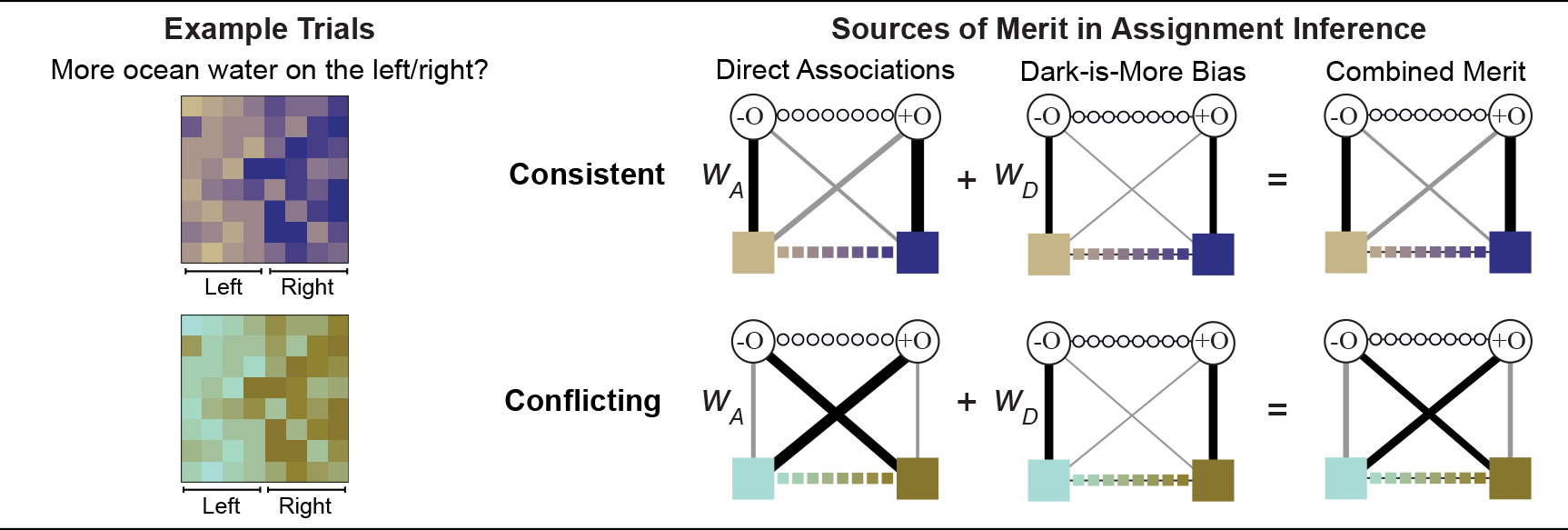 People have expectations about how colors map to concepts in visualizations, and they are better at interpreting visualizations that match their expectations. Traditionally, studies on these expectations (inferred mappings) distinguished distinct factors relevant for visualizations of categorical vs. continuous information. Studies on categorical information focused on direct associations (e.g., mangos are associated with yellows) whereas studies on continuous information focused on relational associations (e.g., darker colors map to larger quantities; dark-is-more bias). We unite these two areas within a single framework of assignment inference. Assignment inference is the process by which people infer mappings between perceptual features and concepts represented in encoding systems. Observers infer globally optimal assignments by maximizing the “merit,” or “goodness,” of each possible assignment. Previous work on assignment inference focused on visualizations of categorical information. We extend this approach to visualizations of continuous data by (a) broadening the notion of merit to include relational associations and (b) developing a method for combining multiple (sometimes conflicting) sources of merit to predict people’s inferred mappings. We developed and tested our model on data from experiments in which participants interpreted colormap data visualizations, representing fictitious data about environmental concepts (sunshine, shade, wild fire, ocean water, glacial ice). We found both direct and relational associations contribute independently to inferred mappings. These results can be used to optimize visualization design to facilitate visual communication
People have expectations about how colors map to concepts in visualizations, and they are better at interpreting visualizations that match their expectations. Traditionally, studies on these expectations (inferred mappings) distinguished distinct factors relevant for visualizations of categorical vs. continuous information. Studies on categorical information focused on direct associations (e.g., mangos are associated with yellows) whereas studies on continuous information focused on relational associations (e.g., darker colors map to larger quantities; dark-is-more bias). We unite these two areas within a single framework of assignment inference. Assignment inference is the process by which people infer mappings between perceptual features and concepts represented in encoding systems. Observers infer globally optimal assignments by maximizing the “merit,” or “goodness,” of each possible assignment. Previous work on assignment inference focused on visualizations of categorical information. We extend this approach to visualizations of continuous data by (a) broadening the notion of merit to include relational associations and (b) developing a method for combining multiple (sometimes conflicting) sources of merit to predict people’s inferred mappings. We developed and tested our model on data from experiments in which participants interpreted colormap data visualizations, representing fictitious data about environmental concepts (sunshine, shade, wild fire, ocean water, glacial ice). We found both direct and relational associations contribute independently to inferred mappings. These results can be used to optimize visualization design to facilitate visual communication
Reference: Schoenlein, M. A., Campos, J., Lande, K. J., Lessard, L., & Schloss, K. B. (2023). Unifying Effects of Direct and Relational Associations for Visual Communication. IEEE Transactions on Visualization and Computer Graphics, 29, 1, 385-395. PDF
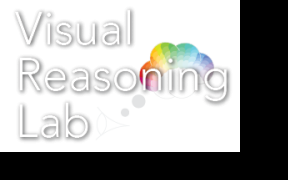
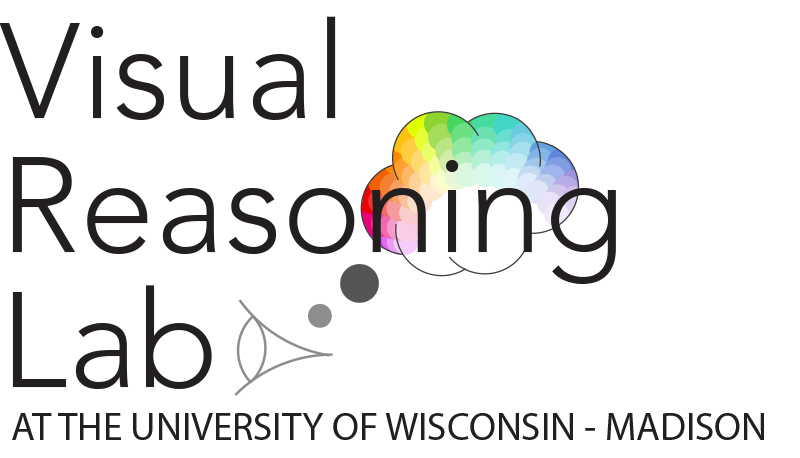
 PI Karen Schloss has been promoted to Associate professor with tenure!
PI Karen Schloss has been promoted to Associate professor with tenure!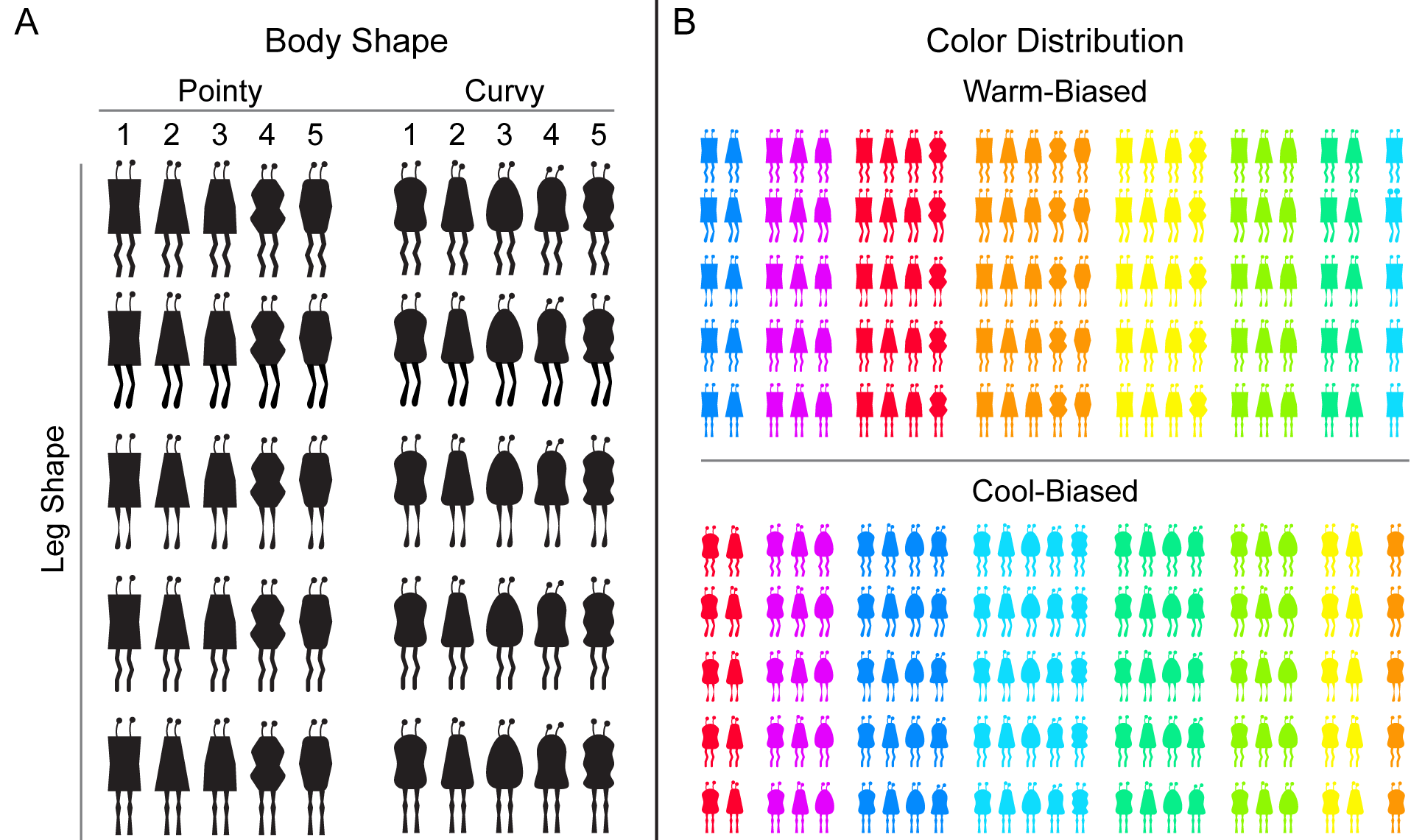
 Dr. Anna Bartel graduated with her PhD from the UW-Madison Department of Psychology!
Dr. Anna Bartel graduated with her PhD from the UW-Madison Department of Psychology!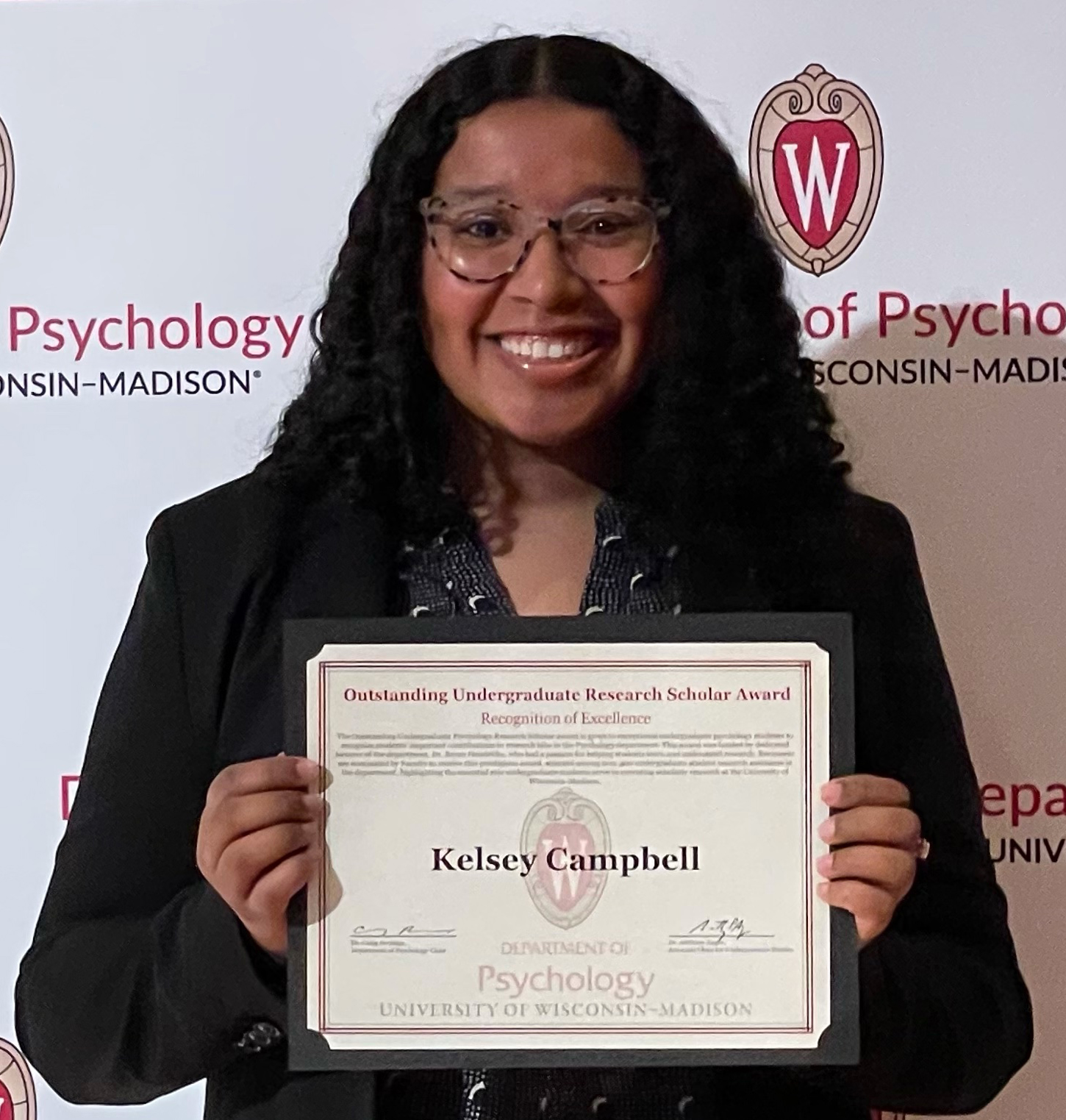 Kelsey Campbell was awarded the Outstanding Undergraduate Research Scholar Award from the Department of Psychology at the University of Wisconsin-Madison.
Kelsey Campbell was awarded the Outstanding Undergraduate Research Scholar Award from the Department of Psychology at the University of Wisconsin-Madison. Melissa Schoenlein received a 2022 Elsevier/Vision Research Travel Award to present her work at the Annual Meeting of the Vision Sciences Society.
Melissa Schoenlein received a 2022 Elsevier/Vision Research Travel Award to present her work at the Annual Meeting of the Vision Sciences Society. Clementine Zimnicki was awarded a Kenzi Valentyn Vision Research Grant from the McPherson Eye Research Institute at the University of Wisconsin-Madison.
Clementine Zimnicki was awarded a Kenzi Valentyn Vision Research Grant from the McPherson Eye Research Institute at the University of Wisconsin-Madison.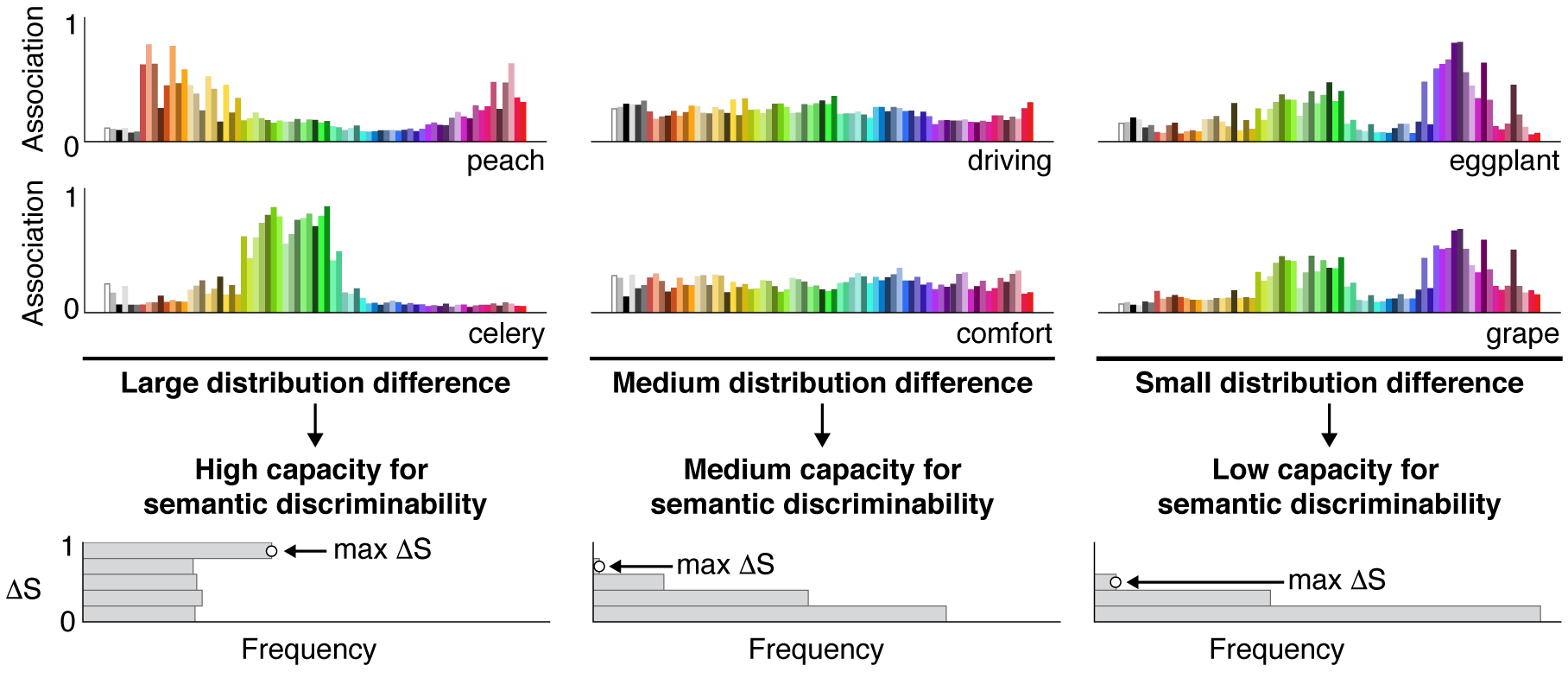 Our paper “Context matters: A theory of semantic discriminability for perceptual encoding systems” received Honorable Mention for best paper at IEEE VIS 20211!
Our paper “Context matters: A theory of semantic discriminability for perceptual encoding systems” received Honorable Mention for best paper at IEEE VIS 20211!